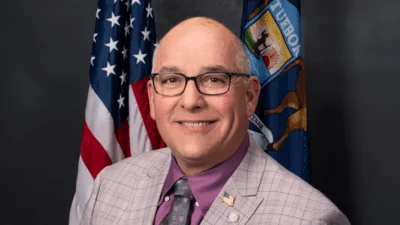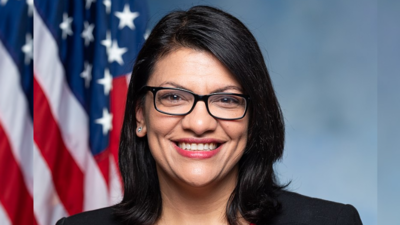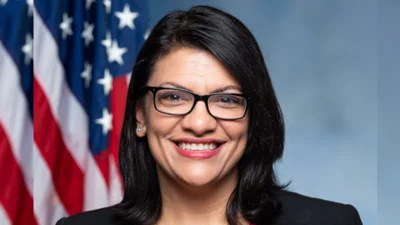Sandy K. Baruah President and Chief Executive Officer at Detroit Regional Chamber | LinkedIn
Sandy K. Baruah President and Chief Executive Officer at Detroit Regional Chamber | LinkedIn
The entrepreneurial landscape has seen significant changes in recent years, with many established communities ceasing operations due to various challenges. A notable example is the Summit Series, which recently announced its final event after a decade of hosting gatherings that brought together influential figures and innovative companies.
John Hall reflects on his experiences at such events and highlights the growing importance of trusted communities for entrepreneurs. "With the current political and social media climate, it has never been more important to have a trusted community to turn to," he states. The shift in focus from large-scale events with prominent speakers to smaller, more intimate gatherings is becoming apparent.
Hollis Carter, leader of Baby Bathwater Institute, exemplifies this trend by fostering a community focused on building meaningful connections and trust among members. He notes that "you have to put on the events that are special or people simply won’t come." This sentiment is echoed by Miranda Lievers, who described her experience at a Baby Bathwater event as “quite the gift,” acknowledging how rare it can be to find such supportive environments.
The emphasis on knowledge-sharing within these communities marks another departure from traditional practices. Instead of featuring high-profile keynote speakers, Hollis opts for members from within the group to share their expertise. This approach ensures that knowledge sharing remains a central element of community interaction.
Entrepreneurs like Hall are adapting their priorities post-pandemic, valuing time with family and efficient networking over frequent travel. Hollis also observes this trend: "Today’s community leaders have to curate networking for their members." By creating opportunities for authentic engagement without hierarchical barriers like VIP sections, these communities offer unique experiences that foster collaboration and personal growth.
As entrepreneurship can often be isolating, finding a trusted community becomes crucial. Miranda Lievers' insights underscore this point: “entrepreneurship can be lonely” until one finds a compatible community. Such groups not only provide support but also enhance professional and personal development.
In conclusion, as traditional entrepreneurial gatherings evolve or dissolve, the need for purposeful communities led by individuals like Hollis Carter becomes increasingly vital for fostering innovation and collaboration in today's business environment.





 Alerts Sign-up
Alerts Sign-up